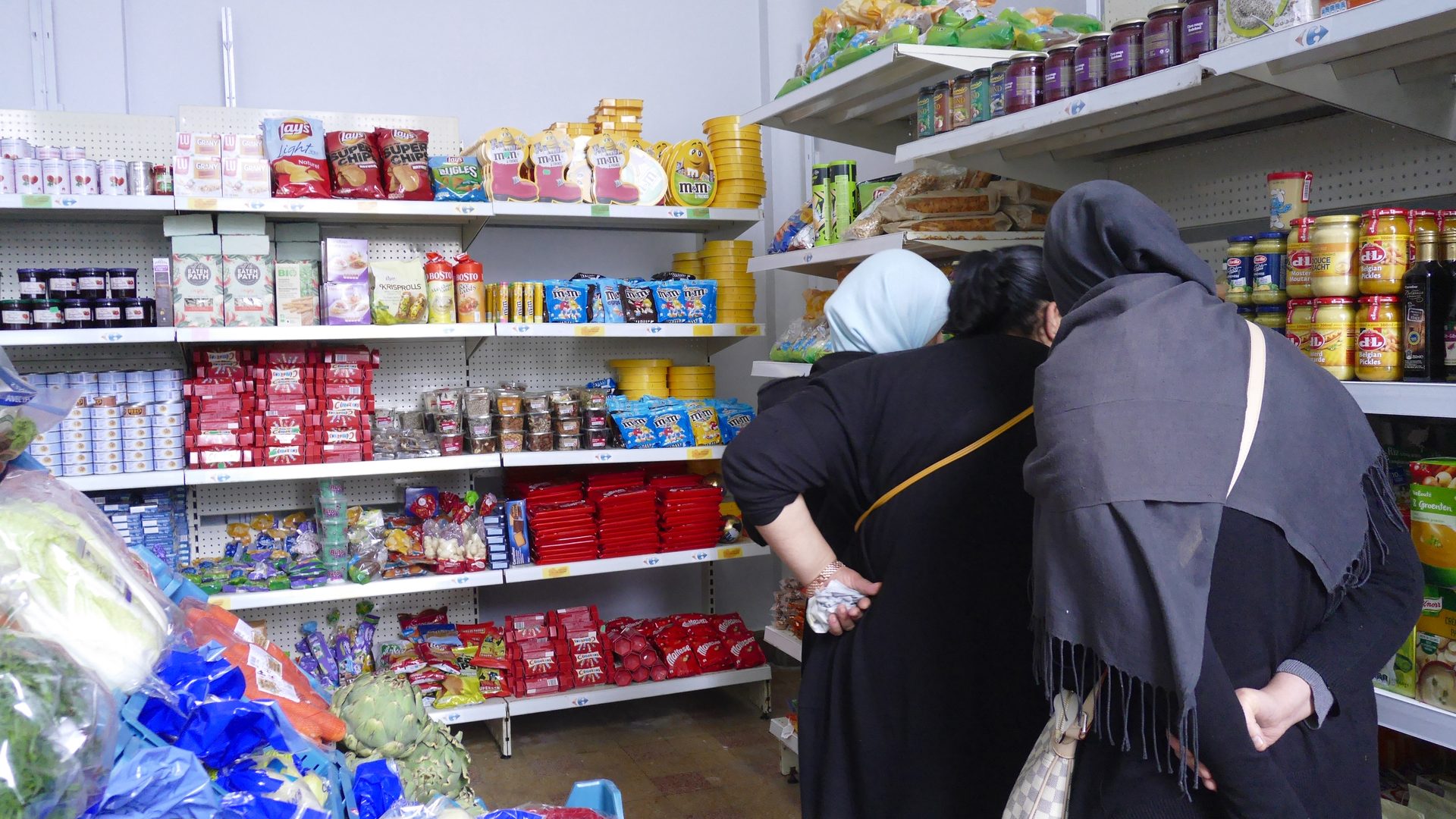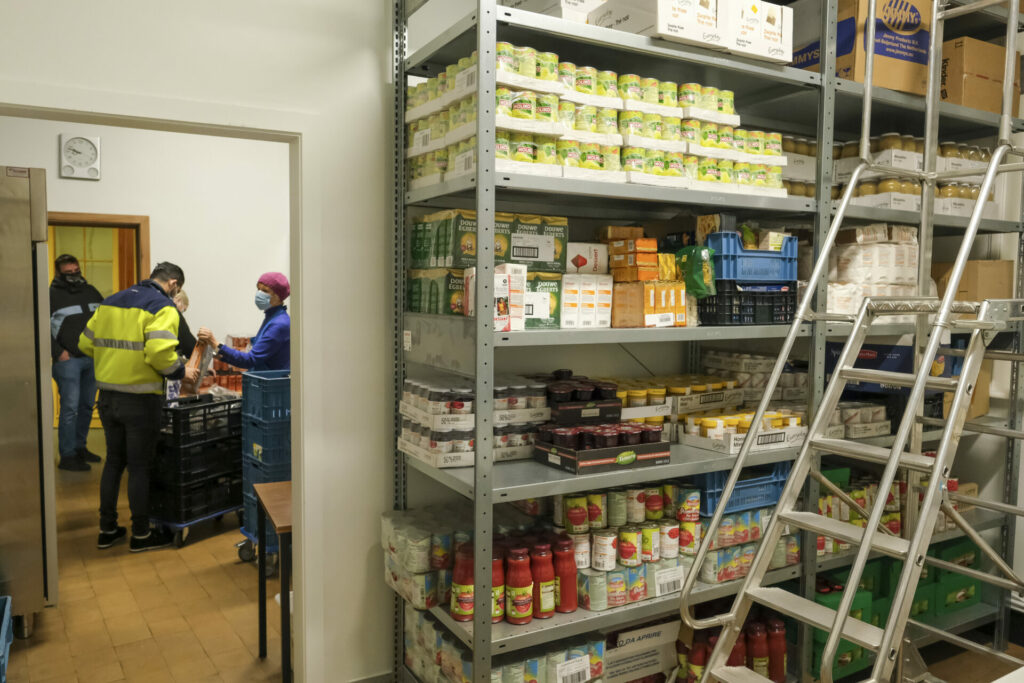From consumers to producers, people on both sides of the food chain are increasingly finding themselves in precarious situations. A collective of organisations is taking to the streets of Brussels on Wednesday to call for urgent change.
The march follows on from last year's 'Parade of Hunger', when citizens and anti-poverty organisations called attention to food insecurity and the need for structural change. Almost eight months on, the critical situation has only worsened and has sparked another march against food insecurity on Wednesday 14 June in the centre of Brussels.
"We are organising this march because we're very angry about the growing number of precarious situations on both sides of the chain. The situations in which people find themselves are deteriorating, and politically no one is budging, so we will," Project Manager for food aid at the Federation of Social Services in Wallonia and Brussels (FDSS), Brigitte Grisar, told The Brussels Times.
Pushed to the limit
In 2019, the SPP Social Integration and the Fight against Poverty announced that some 419,000 people in Belgium rely on food aid. Grisar noted that organisations estimate that this figure has since risen to 600,000 people as a result of both the Covid-19 pandemic and the cost of living crisis, during which food prices skyrocketed.
"The disastrous situation hasn't stopped. We now hear that associations are witnessing an increase in demand and having to refuse food," Grisar said, adding that some people are now eating just one meal every other day. "Many mothers are also skipping meals to ensure their children are fed."

Les Capucines social grocery shop in the Marolles district of Brussels helps people in precarious situations access quality food. Credit: Belga / Ophelie Delarouzee
Associations representing producers and farmers will also participate in the march, arguing that they are also "victims of the capitalist system," as they are being "pushed to the limit by unfavourable contracts with hyper-competitive supermarkets which are making massive profits."
"A producer who wants to make 'quality food' earns on average €800 gross/month, which is below the poverty line, resulting in some producers having to rely on food aid themselves," Grisar stressed.
She added that the right to food is being flouted to the extent that it is almost non-existent. "We want to emphasise that this is the result of a totally dysfunctional economic system that exacerbates inequalities, precariousness and poverty. It is not up to the producers or consumers but rather the public authorities to resolve the issue."
Related News
- Eurozone slips into recession due to high food and energy prices
- Greedflation cost the average Belgian €3,200 in two years, study finds
The groups want to mobilise political parties ahead of the 2024 legislative elections and are demanding social protection to guarantee the right to food and grant fair remuneration to producers in localised and direct circuits. "We want the right to quality food for everyone," Grisar concluded.
The march, organised by 12 associations working for food security (including the FDSS), is part of the 'Nourrir Brussels' Festival. It will depart from the Palais de Justice at 16:00 on Wednesday afternoon and will finish two hours later at Place du Jeu de Balle, where a giant cooking pot will be symbolically tipped over.

